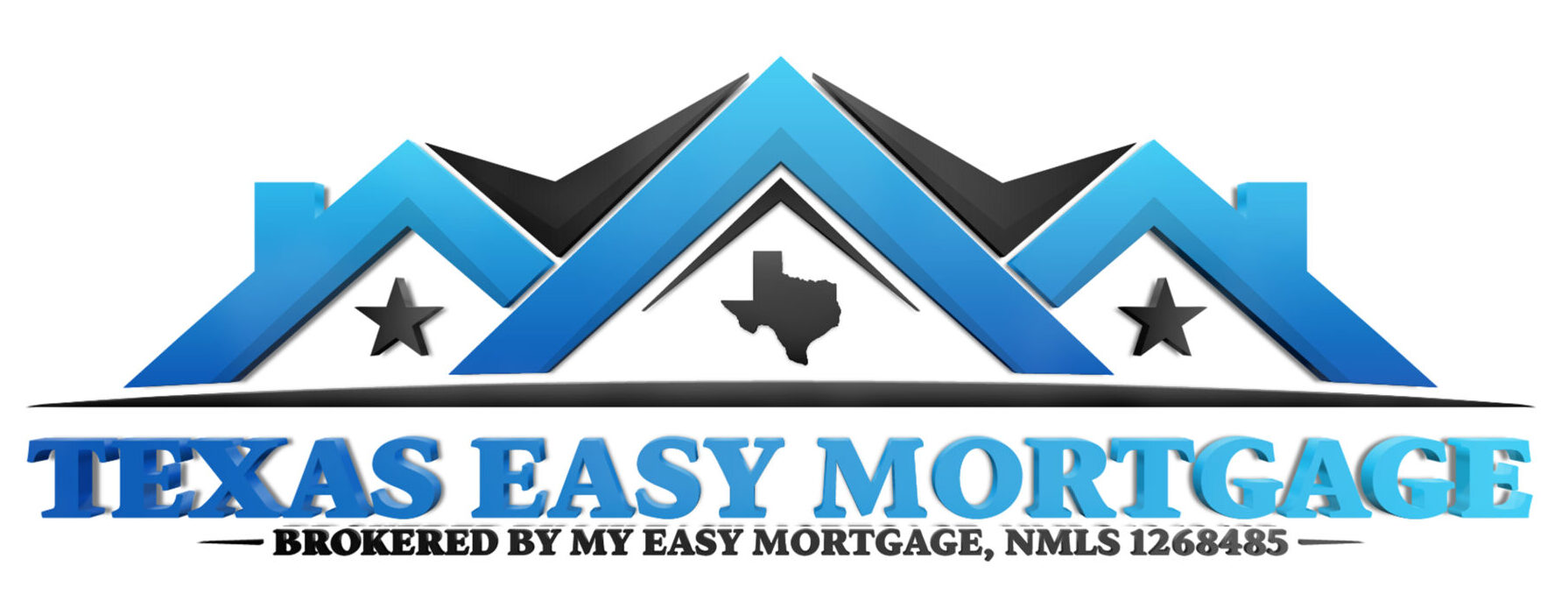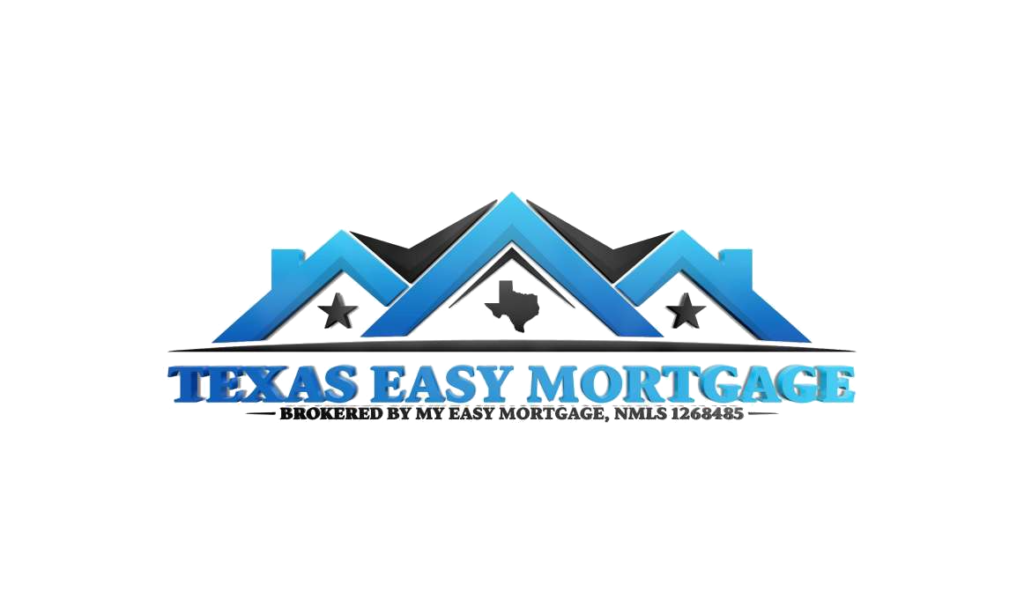WE’RE HERE TO HELP YOU
Get Debt Consolidation
A debt consolidation mortgage is a type of mortgage loan that is used to consolidate multiple debts into a single monthly payment. This type of loan allows borrowers to pay off high-interest debt, such as credit cards or personal loans, by using the equity in their home.
What is Debt Consolidation Mortgage?
A 1099 income home loan, also known as a self-employed mortgage or non-QM (Non-Qualified Mortgage), is a type of home loan that’s designed specifically for borrowers who are self-employed or independent contractors. These individuals typically don’t have the traditional W-2 income documentation because they earn 1099 income, and hence the term “1099 income home loan.”
For instance, let’s say you are a freelance graphic designer or an independent consultant. As an independent contractor, you don’t receive a W-2 form from an employer but instead receive 1099 forms from your clients showing the income you’ve earned. This scenario might make it more challenging to secure a traditional mortgage, as lenders often require W-2 income proof to verify stable and ongoing income.
This is where a 1099 income home loan comes into play. Lenders offering these loans have alternative methods to verify income and determine the borrower’s ability to repay the loan. Instead of W-2s and regular pay stubs, they’ll look at the income reported on your 1099 forms and your bank statements. Additionally, lenders will usually require your complete tax returns for the past two years to assess the consistency of your income.
In the application process for a 1099 income home loan, your lender will typically consider your Debt-to-Income (DTI) ratio as well. This ratio is calculated by dividing your total monthly debts by your gross monthly income. A lower DTI ratio is more favorable as it shows a good balance between debt and income. For example, if your gross monthly income is $5000 and your total monthly debts amount to $2000, your DTI ratio would be 40%, which is generally considered acceptable but pushing the upper limits.
A significant point to note about 1099 income home loans is that they may come with slightly higher interest rates than standard home loans due to the perceived risk lenders associate with non-traditional income. However, they provide an essential service by giving non-traditional workers access to mortgage financing.
In summary, a 1099 income home loan can be a great solution for self-employed individuals or independent contractors looking to become homeowners. As always, it’s important to consult with a knowledgeable mortgage professional who can help guide you through the process and assess if this type of loan is the best fit for your financial circumstances and homeownership goals.
FAQs
Got a question? We’re here to help.
Eligibility requirements for a debt consolidation mortgage will vary depending on the lender and the borrower’s financial situation. Generally, borrowers must have a good credit score, a steady source of income, and enough equity in their home to cover the consolidated debt.
By using the equity in their home to pay off debt, borrowers are putting their homes at risk if they cannot make the mortgage payments. Additionally, if the borrower continues accumulating debt after consolidating, they may end up with even more debt and may be unable to pay it off.


